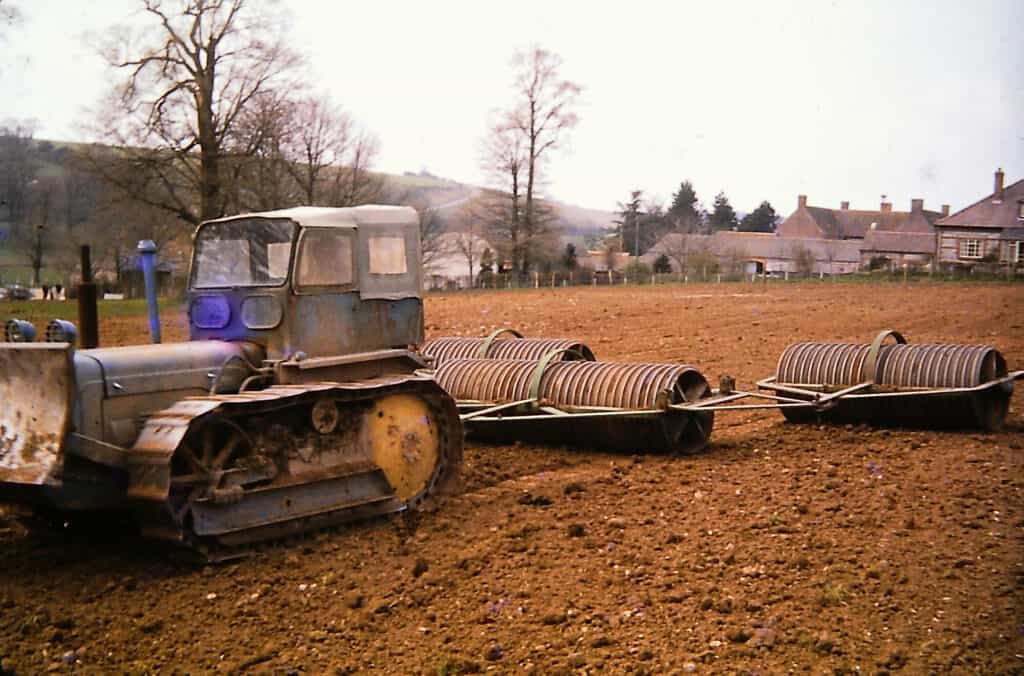October was a good month for farmers but there’s important work to be done for next year – and our children’s future, argues James Cossins.

The autumn planting programme has progressed well in October with some clement weather in the middle of the month. Maize harvesting has also been completed with a wheat crop to be sown as soon as conditions allow.
Our cattle are gradually being brought into their winter quarters which will mean extra work for us but at least, at the moment, we have a plentiful supply of winter feed and straw. A few of our cattle will be out- wintered on forage crops, straw and baled silage on fields which are free-draining and have hedges for shelter. Let’s hope the winter is not too severe!
Rocketing fuel costs
One of the major topics in the news has been the rapid price increase in the cost of fuel especially gas.
The knock-on effect to farmers and growers that use inorganic fertiliser made from gas is that not only is it in short supply but it’s now at record price levels. Many growers may think it is not economical to apply the fertiliser or may reduce the amount applied which will lead to lower yields.
We purchased some at £250- £300 per ton in the summer and it is now being quoted at £600- £700 per ton. We do have some in store from the forward buying, but not enough to see us through next year. We will have to calculate the economics of how much to apply compared to the loss in yield. With prices of oilseeds and wheat looking good for next year it could be difficult calculation to make. Being a mixed farm we do produce a lot of farmyard manure which we use as fertiliser on the spring sown crops but we will still need to buy some in.
We need leadership
Another hot topic talked about daily in the news is the debate on Climate Change. There are many phrases being bandied about at the moment; net zero, sustainability, carbon capture, natural capital, regenerative farming and sequestration to name a few. Agriculture can play its part in trying to correct the perceived problem, but we need guidance from the government and scientists – of a practical and workable nature – to achieve the magical net zero.
The National Farmers Union has pledged to achieve this by 2040. We need incentives and joined- up thinking now in order to start the process.
Our milk purchaser Arla has already set up a climate check programme which we are all involved with, which measures the efficiency of the farm and identifies where improvements can be made. Without engagement from all countries, especially the large developed ones, what we do in this country will have a relatively minor effect on climate change.
by James Cossins, a fifth generation farmer in the Tarrant Valley.
Sponsored by Trethowans – Law as it should be



